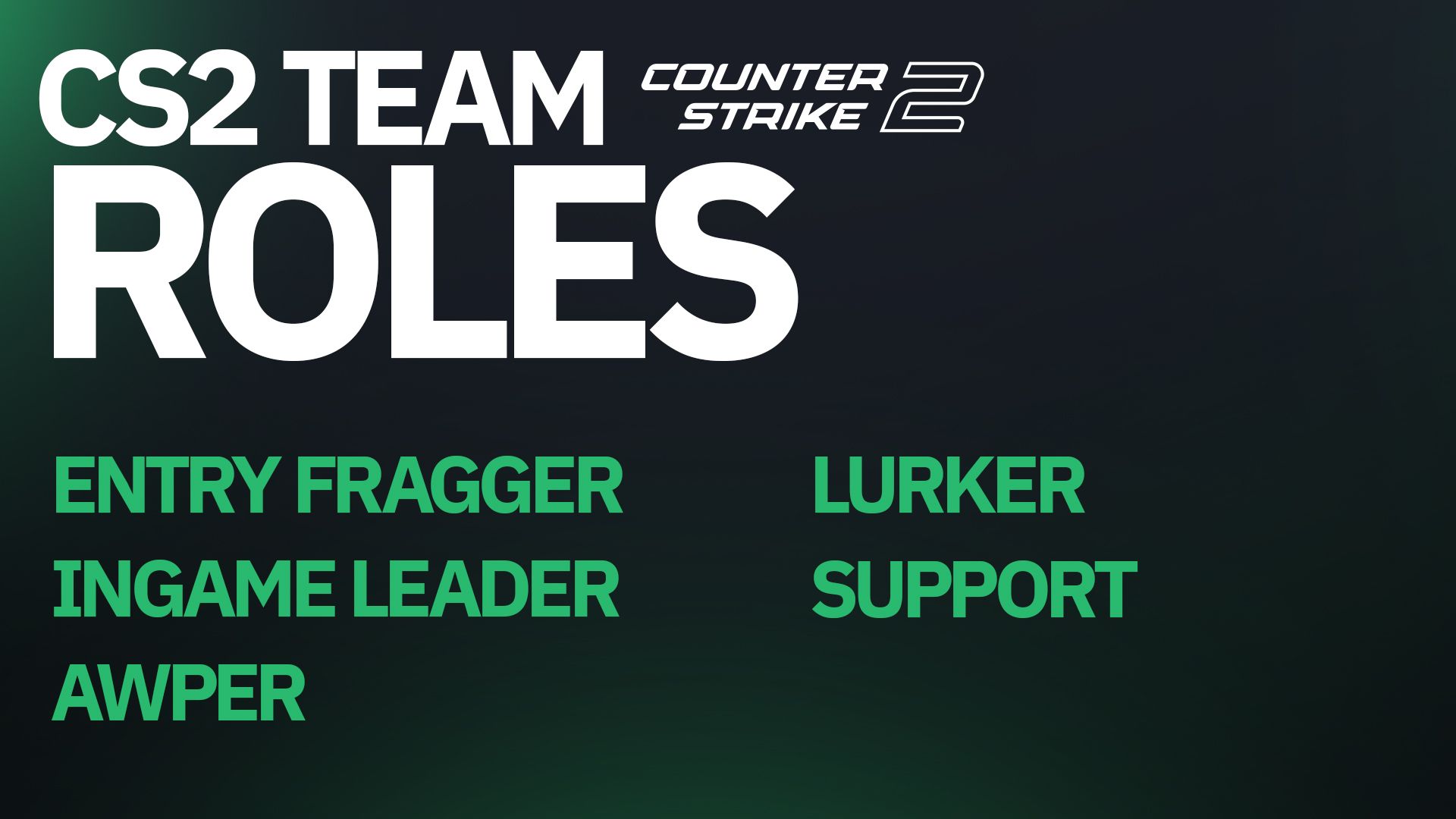Hookup Check: Your Ultimate Dating Resource
Explore insights, tips, and advice for modern relationships and hookups.
Leading from the Front: Becoming the Strategic Mind in CS2 IGL Role
Unlock your potential as a CS2 IGL! Master strategic leadership and dominate the competition with expert tips and insights.
The Essential Skills for an Effective IGL in CS2
To excel as an In-Game Leader (IGL) in CS2, one must possess a myriad of essential skills that extend beyond basic gameplay proficiency. Strategic thinking is at the forefront; an IGL must analyze opponents' strategies in real-time and develop counter-strategies on the fly. Furthermore, effective communication is critical, ensuring that every team member understands their role within the larger game plan. This includes not only verbal commands but also utilizing tools such as maps and tactical outlines. A proficient IGL will often use tools like ping systems and callouts to enhance clarity during high-pressure situations.
Another vital skill for an effective IGL in CS2 is adaptability. The dynamic nature of esports means that no game unfolds in the same way, and an IGL must be ready to pivot quickly when strategies falter. This includes being open to player feedback and adjusting tactics based on real-time performance. Additionally, team-building skills are crucial; an IGL should foster a positive atmosphere that not only motivates players but also promotes cohesion among the team. By encouraging collaboration and trust, an IGL can significantly enhance team performance and lead them to victory.

Counter-Strike is a tactical first-person shooter game that has gained immense popularity since its release. The game focuses on team-based gameplay, where players can choose to be part of the terrorist or counter-terrorist team. Players often seek out different weapon skins and their values can be determined by their cs2 float, which indicates the wear and tear of a particular item.
Top Strategies for Leading Your Team to Victory in CS2
Leading your team to victory in CS2 requires effective communication and strategic planning. One of the top strategies is to establish clear roles within your team. This ensures that every player knows their responsibilities during a match, whether they are playing as a sniper, support, or entry fragger. For instance, designating a shotcaller can help streamline decision-making, allowing the team to react swiftly to the enemy's moves. Additionally, regularly reviewing gameplay through replays can help identify strengths and weaknesses, fostering improvement in future matches.
Another crucial strategy is to focus on team cohesion and morale. Organizing regular practice sessions not only hones individual skills but also enhances teamwork and synergy among players. Incorporating team-building exercises can make a significant difference in how well your players collaborate under pressure. Remember, victory in CS2 is not only about individual prowess but about how effectively your team can work together. By fostering a positive and supportive atmosphere, you create a foundation for success.
How to Adapt Your Playstyle as an IGL in CS2
As an in-game leader (IGL) in CS2, adapting your playstyle is crucial for maintaining your team's effectiveness and competitiveness. One key strategy is to analyze your team's strengths and weaknesses consistently. For instance, if your players excel in aggressive gameplay, consider implementing a more dynamic strategy that capitalizes on this skill. Moreover, pay attention to your opponents; adapting your tactics based on their playstyle can provide a significant edge. Keep communication open and encourage your team to provide feedback, which will help refine your approach and foster a collaborative atmosphere.
Additionally, embrace flexibility in your decision-making as an IGL. In CS2, the meta can shift rapidly, and sticking to a rigid strategy can be detrimental. Instead, focus on developing a variety of tactics—both defensive and offensive—that can be executed depending on the match situation. Regularly practice these strategies with your team during scrims, ensuring everyone understands their roles. Remember, the best IGLs are those who can read the game and make quick adjustments during intense moments, leading their team to victory by capitalizing on unexpected opportunities.